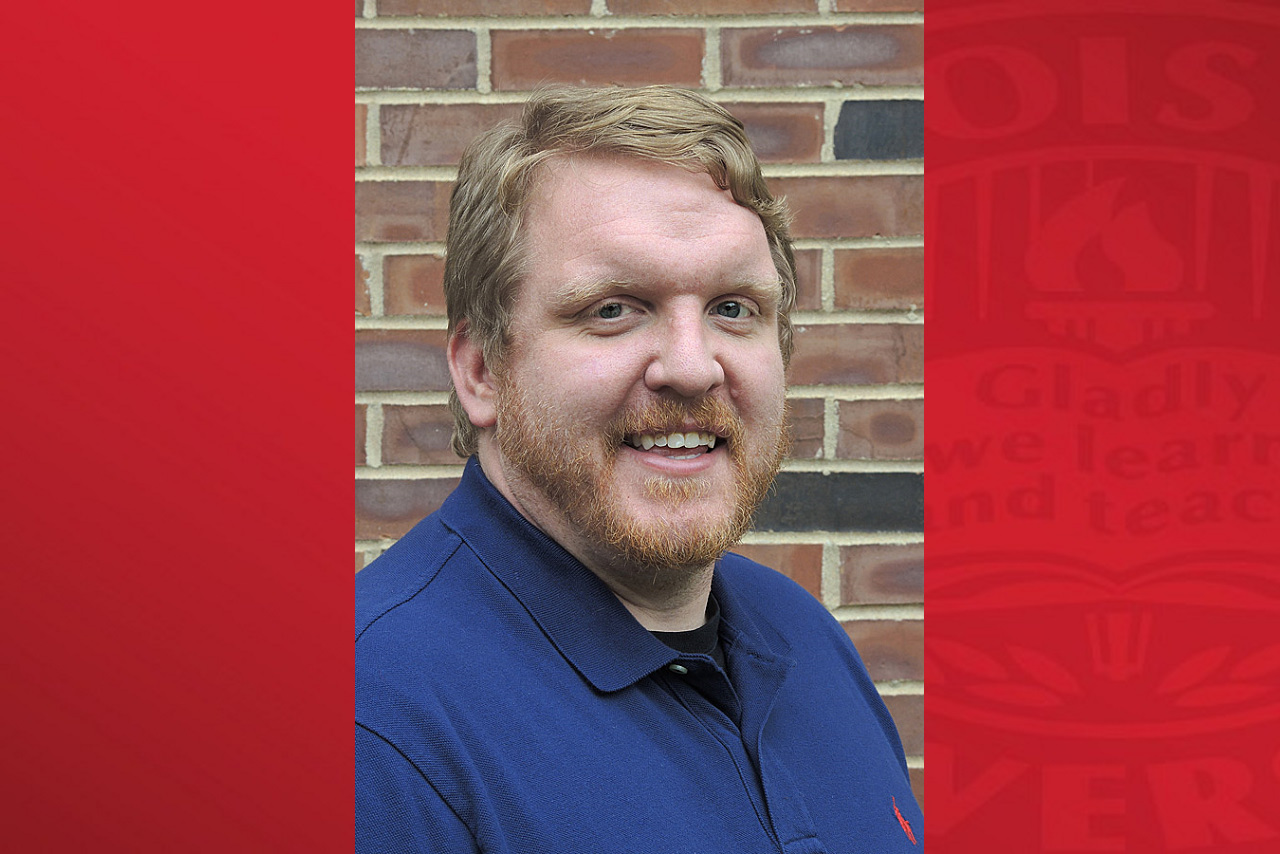My primary research interests are focused on exploring the lives of disenfranchised individuals within the criminal justice system by studying how different justice related policies impact these populations. In my early career, I have mostly examined how mental illness affects these individuals and their criminal justice involvement. I originally became interested in this line of inquiry while completing epidemiological research at Northwestern University in the health disparities and public policy program from 2003–2008. My current focus, however, has expanded to consider how gender, race/ethnicity, relationships (romantic and friendship), and violence also impact disenfranchised individuals across the life-course.
I am actively engaged in two research projects in this area. First, since 2012 I have investigated the impact of mental health caseload assignment for individuals with mental illness who are on probation. As part of that research, I completed 111 life history interviews with individuals with significant mental illness on probation in Phoenix. I also gathered over 14 months of ethnographic field notes observing the mental health court in Phoenix, and completed over 25 interviews with probation officers who work with individuals with mental illness at the same location.
The goal of this work has been to better understand how successful the criminal justice system is in working with individuals with mental illness, as well as the personal perspectives of these offenders in the justice system. I am actively writing research papers on this project with an article under review currently about predictors of mental health caseload completion. I am also currently writing articles with colleagues on the nature of gendered pathways to incarceration for women with mental illness, and an article exploring how women who are also parents experience motherhood while also living with a significant mental illness and being involved in the justice system.
In early 2016, I began a new project focused on veterans/military service personnel in the criminal justice system. The data collection for this project is beginning at probation offices in Central Illinois in the summer of 2016. Like my other active research endeavors, this study will investigate how behavioral and mental health issues impact disenfranchised individuals. I will be conducting qualitative semi-structured interviews with veterans over the next year to explore their pathways to the criminal justice system, how military service may be a risk and/or protective factor in their lives, the quality of their romantic relationships and friendships, substance use/abuse, and the different types of violence veterans in the criminal justice system experience.
I am working with multiple graduate and undergraduate students in the Criminal Justice Sciences Department who are completing research assistantships or independent studies on these differing research projects.
I have had two recent articles out in print in 2016 in my areas of research inquiry. The first explores views on police legitimacy, procedural justice, and police cooperation for offenders who have recently been arrested for a variety of crimes. The second examines the significance of prison visitation for children, caretakers, and incarcerated parents and the important familial exchanges that are revealed during these encounters. My research and teaching interests, as well as my recent work, can be read about in more detail on the Illinois State University Criminal Justice Sciences’ website.

